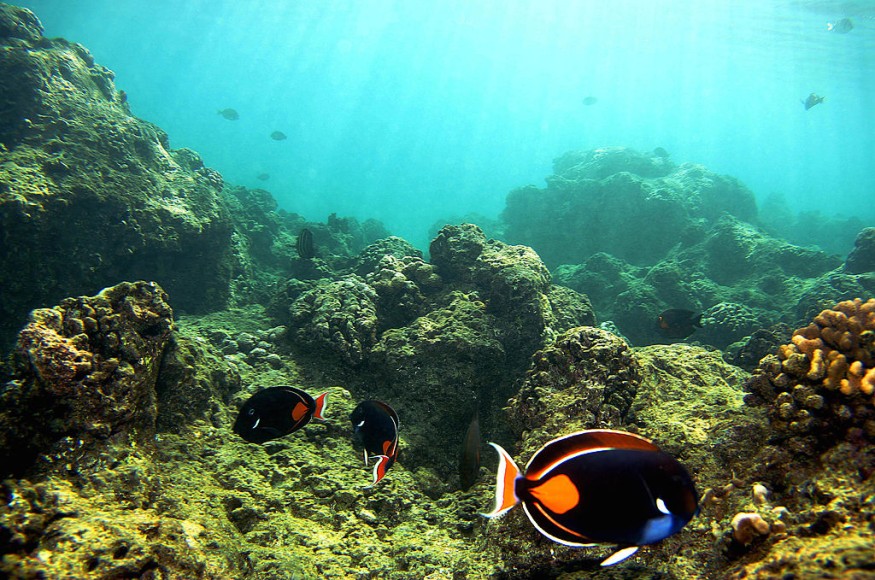Harmful to ocean and aquatic life, microplastics make up the nearly three percent toxic pollutants in shallow, tropical waters where corals flourish. These toxic chemicals bring huge detrimental impact on reef health, and a new study reveals 4 million pounds of them may be stored in coral skeletons every year.
After 18 months of exposing corals in the lab to microplastics, researchers were able to put a number on how much of the tiny fragments of plastic are stored in them.
"Our study clearly indicates that microplastics are yet another human-made stress factor for corals and that they are very likely to contribute to further deterioration of coral reefs on our planet," lead author Jessica Reichert reported.
The study conducted by this team of scientists from the University Giessen in Germany was the first to provide its number and impact on corals.
Corals brimming with plastics

As one of the most diverse habitats, coral reefs are homes to thousands of species of fish, providing them shelter, food source and nursery. As pollution from plastic waste is increasing in our oceans, the reefs are also suffering from its effects.
The study estimates 24.4 trillion pieces of microplastics in the world's upper oceans, with a combined weight of up to 578,000 tons. Microplastics are consumed by corals thinking they are food which leads to bleaching and tissue necrosis in living organisms.
Previous studies had shown that 80 percent of these manmade material came from just 1,656 rivers worldwide, with Asia and West Africa producing the most. Known to be greatly impacted by this, the study documented the reactions of corals in a lab which displayed initial signs of impaired health such as bleaching and tissue necrosis.
As a pioneer study, the team suggests that further research could show whether negative effects can be registered even under low microplastic concentrations, and provide understanding on its long-term effects on corals.
Loss of coral reef to loss of biodiversity
Considering the number of trapped particles recorded, researchers estimate around 6 billion to 7 quadrillion microplastic particles may be permanently stored in corals worldwide, every year.
"We don't know what consequences this [storage] might have for the coral organisms, [or for] reef stability and integrity," Reichert told ScienceNews. It "might pose an additional threat to coral reefs worldwide."
Another study published this year also found that coral reef cover has diminished in size by more than half since the 1950s due to overfishing, pollution and other manmade activities. The loss of coral reef coverage has led to an equal reduction in ecosystem services, and a 60 percent of fish biodiversity and biomass has been lost.
If degradation of global reef systems will continue, not only the reefs itself will suffer but also the well-being and development of coastal, reef-dependent communities.
While it is known how microplastics are introduced into the ocean, experts are still unsure where all of it ends up. Numerous studies suggest they sink deep beneath the seafloor, even as deep as the Mariana Trench.
© 2025 NatureWorldNews.com All rights reserved. Do not reproduce without permission.





